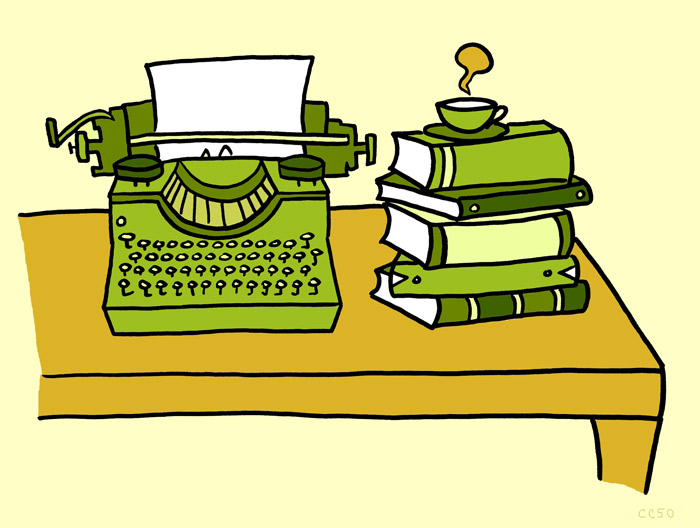Many students buckle under the stress that comes with writing and rewriting essays and term papers, and in the absence of in-person exams this fall semester, professors are increasingly dependent on written assessments to evaluate students. Whether you are new to McGill, still acclimatizing, or just need a boost, essay centres and tutors on campus are here to help. To ensure students are aware of all their options, The McGill Tribune has compiled a few ways to access writing resources remotely.
How can I get someone to look over my writing?
The McGill Writing Centre (MWC) is McGill’s central internal resource for writing. For the Fall semester, all MWC appointments will be held online. Students can schedule a 30- or 60-minute tutoring appointment through the MWC online schedule.
For Arts and Arts and Science students, the Arts Undergraduate Society (AUS) Essay Centre provides feedback on essay structure, grammar, citations, and general clarity, and will edit essays in both English and French. Interested students can make an appointment online.
“Students can […] join on the call and get their essays edited by our tutors, or just ask questions,” Natalia Savkovic, Internal Coordinator of the AUS Essay Centre, wrote in an email to the Tribune. “We have had a few people come in and just ask questions about overall essay structure and citations […], so that’s also okay.”
Where can I access scholarly sources?
McGill students and alumni have access to thousands of electronic publications through the McGill library system. Current students can access e-resources through the library catalogue or Databases A-Z, and alumni can borrow e-books and e-audiobooks on the OverDrive platform. To help students navigate this plethora of resources, the campus library hosts numerous free seminars and events. These events are often offered in association with the Friends of the Library and serve as a way to spotlight the rich collections of the McGill library.
What resources are available to graduate students?
Graphos is a branch of the MWC that provides writing resources for graduate students and postdocs with a specific focus on research, funding, and publication. These offerings include one-credit writing courses, workshops, peer writing groups, and the Writing Commons. Graphos workshops will be offered via Zoom throughout the semester, on topics ranging from writing fellowship applications to writing an academic book review. The Writing Commons, which provides a space for graduate students to exchange tips and write in the company of peers, will also be held online. It offers two recurring weekly events: Rise and Write in the Morning from 9:30 a.m. to noon on Tuesdays, and 120 Minutes of Writing from 1:30 p.m. to 4 p.m. on Thursdays.
How can I get additional help to improve my writing?
For students in STEM, the McGill Scientific Writing Institute (MSWI) was recently started by Marina Nysten and Joyce Wu, two U3 Science students who wanted to create a hub for scientific communication resources. Their website features a useful ebook, A McGill Guide to Scientific Writing: Volume 1, penned by Nysten and Wu in collaboration with faculty members. Beyond their guide, the MSWI holds events featuring science communication experts who engage in panel discussions and educate students on various topics to bolster their scientific writing, including how to annotate scholarly texts. Students can view past workshops and discussions through video recordings uploaded on their website.
In addition to looking over specific essays, the MWC offers credit courses on English writing and communication skills. These classes are available for undergraduate and graduate students, as well as through the Department of Continuing Studies. Many of these classes are geared toward non-native English speakers and require a placement test, but Research Essay & Rhetoric (CEAP 250) focusses on strengthening undergraduates’ essay-writing skills more broadly and is open to native and non-native speakers. The MWC also offers courses for graduate students. In addition to perfecting the art of scholarly writing, these graduate courses provide assistance in mastering oral communication skills.








